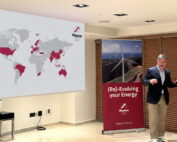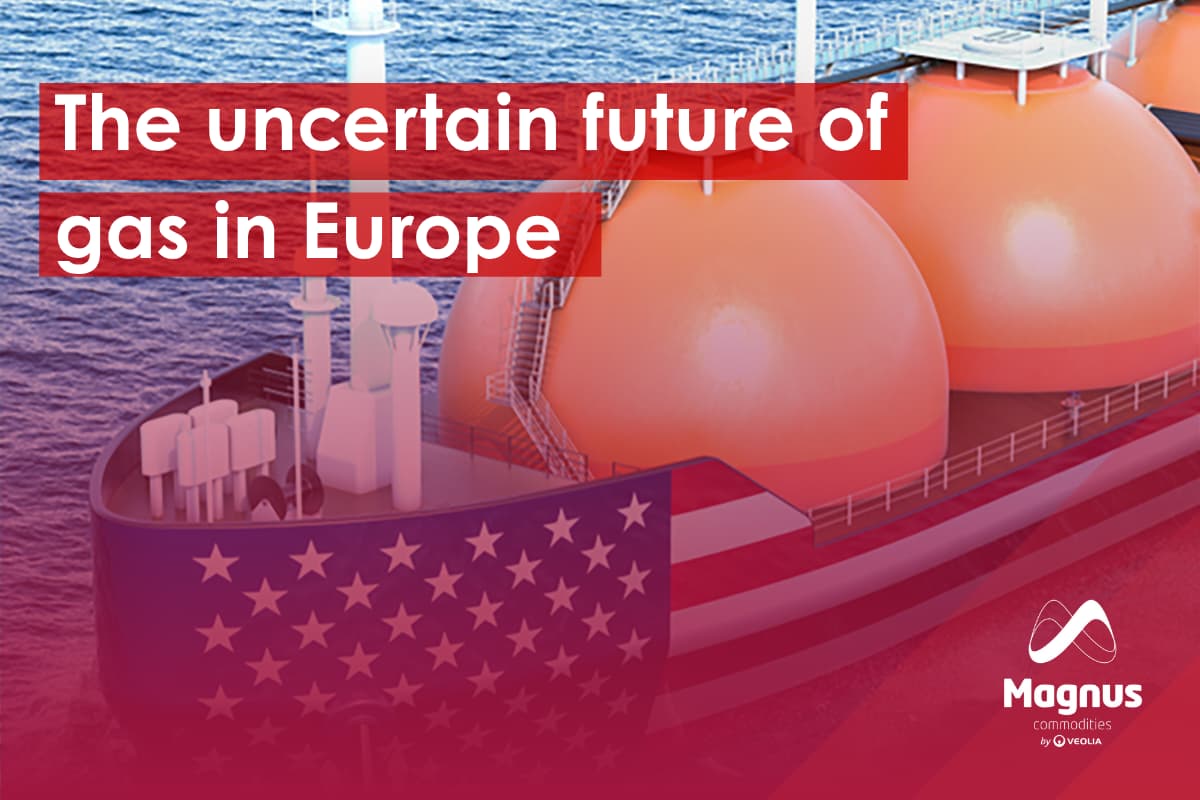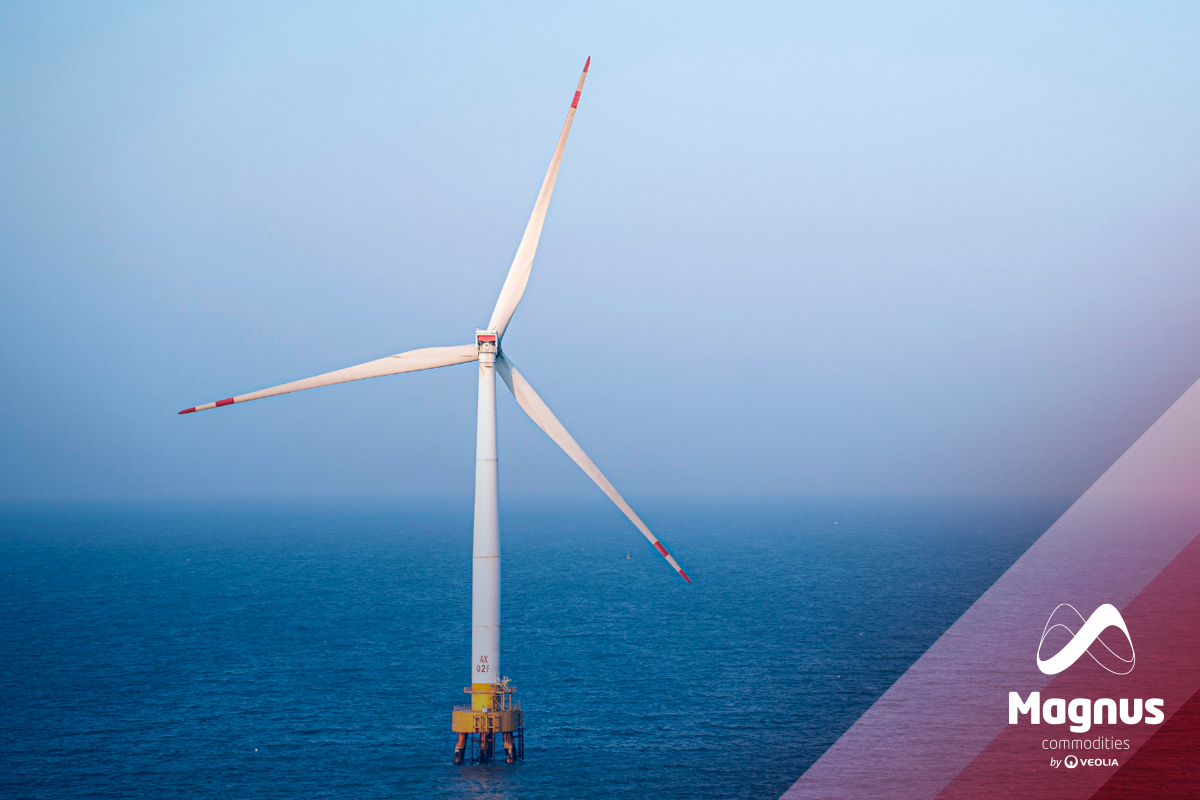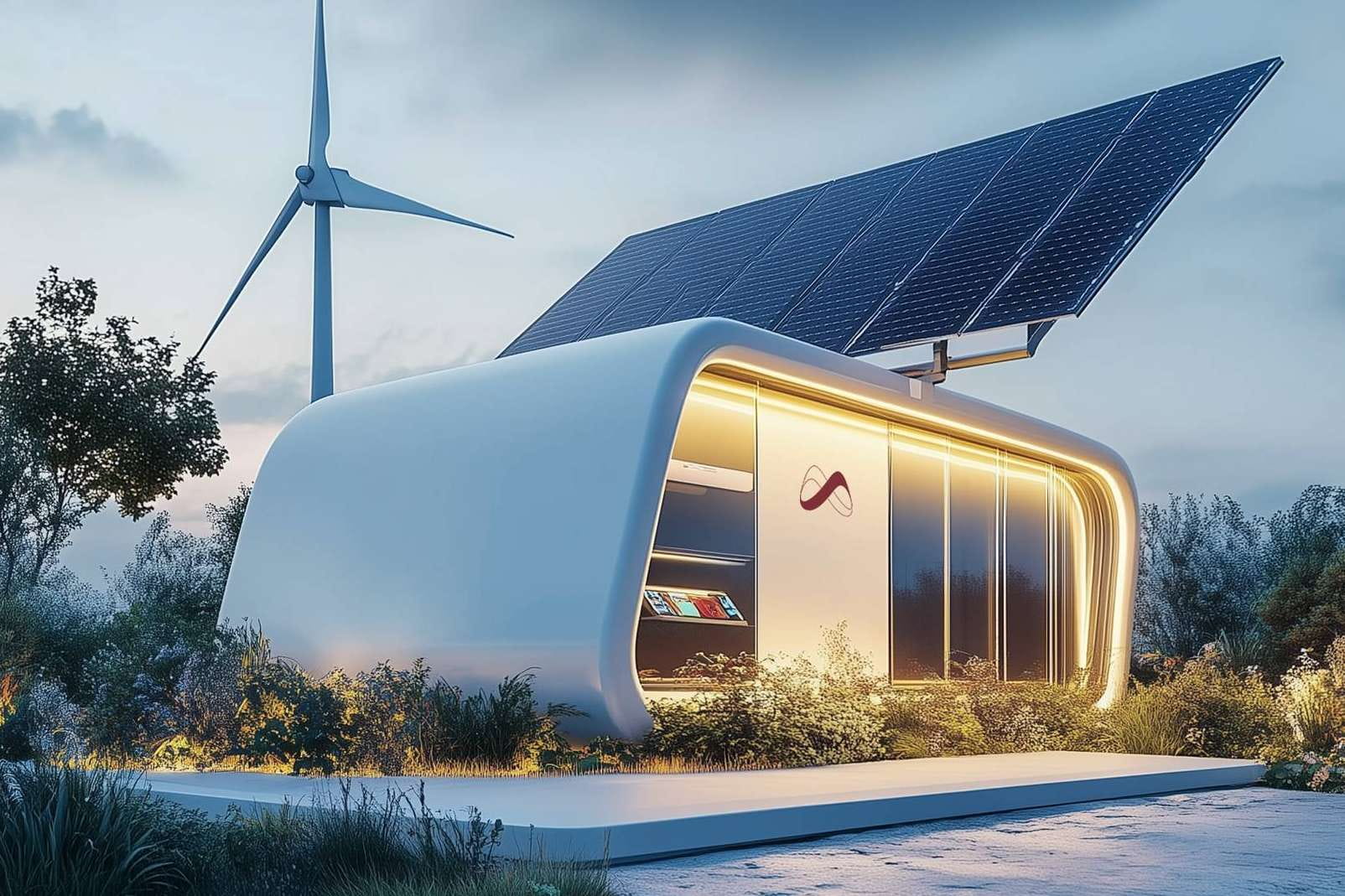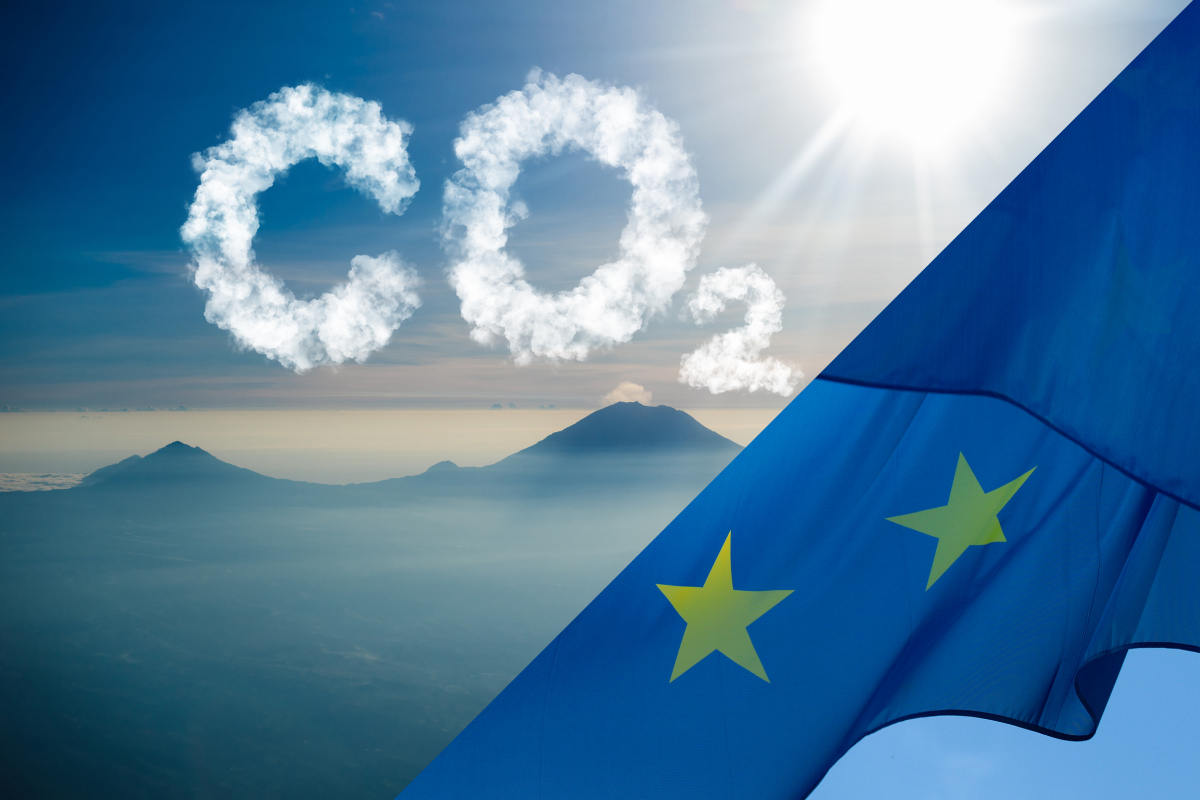
We are in the middle of the electoral period for the holding of the General Elections in Spain and, day after day, we are also receiving information about the promises of the different parties. In this article we will not enter the debate of the programs, but we will do a quick analysis of the proposals in the energy field.
According to the results of the CIS surveys for the month of March, the newspaper announced this distribution of seats:

Source: web www.elperiodico.com
In this first article, we will analyse the proposals of the leftist parties (PSEO, PODEMOS). In the blog of the next week we will face the right (PP, Citizens, VOX). For this, we have gone to the source and we have navigated the electoral program of each party.
PSOE: (link electoral program ) According to what they declare, the ultimate objective is to achieve an efficient and sustainable energy system that lays the foundations for an electricity sector based on renewable energies in 2050 and a reduction in CO2 emissions compatible with the Paris commitments. Its objective remains that in 2030 74% of electricity will be renewable, with a timetable for closing all nuclear power plants at 40 years of life, arguing “cleaner, cheaper and safer energy” ”
Without the purpose of “breaking the game”, their proposals are in line with the energy strategy of the European Union. To avoid changes to each electoral year, they propose a great pact of the State of Energy to establish a stable energy policy and to ensure the transition. Ratifying in turn a Law of Climate Change and Energy Transition that contemplates the following changes:
- Creation of a Commission for the Energy Transition, which develops and monitors progressive scenarios to reduce CO2 emissions by 2020/2030 and 2050.
- Obliging listed companies to be transparent about carbon risks and climate impact.
- Modification of the Public Procurement Law, including new environmental and climatic requirements to all suppliers and contractors.
Despite the irrelevance in our territory, they promote the prohibition of fracking and new exploration of hydrocarbons.
To undertake a reform of the electricity market, including an audit of the regulated costs integrated in the electricity tariff, as well as the gas market, facilitating its progressive adaptation to the new energy model, reducing the costs of the transition.
Creation of a green fund for the energy transition, fed with part of the new CO2 tax, dedicated to boost efficiency, sustainable mobility and support for a just transition.
All the points are in line to continue with the fulfilment of the agreements with the EU and its guidelines in the field of Competitiveness, Sustainability and Security of Supply. However, from Magnus we understand that a transition like the one PSOE is proposing in the next 10 years requires a lot of prudence. Especially regarding the dismantling of the nuclear park without having a “Plan B”. We’ve to remind that Nuclear generation gives stability to our system and reduces the thermal gap, allowing to contain the volatility of the market and improve their prices.
On the other hand, an objective of 70% of renewable generation for 2030 can end with the Spanish electro intensive industry considering that in the last 13 years and after different policies to promote renewables we have only reached 20%. It seems that we do not learn from the past and want to be “the first of the class” in renewable objectives (when it is still detrimental to competitiveness) we could end up facing an important bill to pay … Again! Let’s remember that we are still paying the tariff deficit that we were accumulating in the period from 2002 to 2012 and that was triggered by a policy of renewable subsidies that made it economically unsustainable.
PODEMOS: (link electoral program) Through its website we can see a list of 394 points that cover all areas. Their proposals are more disruptive and aggressive towards the current agenda of the European strategy.
Unlike the PSOE, they propose three plans:
- A National Energy Transition Plan that aims to encourage investment (Public and private) in efficiency and renewable energies (equivalent to 1.5% of GDP in the next 20 years). The objective is to reduce 30% of the national consumption of primary energy and thus avoid energy dependence.
- A National Energy Saving Plan that will boost efficiency in building, transport, industry and electrical distribution.
- Lastly, a National Renewable Energy Plan whose final objective will be the drastic reduction of fossil fuel consumption for electricity generation.
Like the Socialist Party, they advocate the repeal of RD 900/2015 on self-consumption in order to free self-consumed energy from any tax burden. Allow the net balance and simplify administrative procedures. In the same way, they will progressively adopt the contracting of 100% renewable energy for all the dependencies of the public administration and will prohibit fracking.
On the other hand, they announce that they will carry out an audit of the costs of the entire electric system to clarify the real costs of electricity production by technology, as well as the costs associated with transportation and distribution. They will establish controls that prevent oligopolistic practices in the electrical system, studying the possibility of separating ownership and management of distribution networks.
They will limit the development and subsidies to Cogeneration plants with the objective of maintaining the minimum necessary to guarantee the supply. The Combined Cycle Power Plants will no longer receive any type of payment for capacity and the gradual closure of the nuclear and coal plants will be made. Always considering the reconversion of the affected sector. They will promote the recovery of control by the State of hydroelectric power plants as concessions expire. They will create social policies to access a minimum supply too.
All this, proposing an alternative to the current European proposal for a European energy strategy that promotes the energy transition through the promotion of natural gas and the creation of large European operators.
Finally, claim as illegal the Transition to Competition Costs that were paid to the Spanish major electric utilities in 2005 with the aim of claiming them.
As we can see, the PODEMOS measures are somewhat more transgressive than those of the Socialist Party. Based on a big step towards the energy transition, it does not establish clear objectives regarding due dates and figures. More focused on putting on the table the discourse of “breaking the oligopolies” and the current status quo of the electricity system and the dominant operators.
Ambitious and expensive objectives. We continue to miss the detail of how these measures will affect the wholesale market. Closing nuclear and coal, not encouraging generation through combined cycles and withdrawing subsidies from Combined Cycles means that they will base energy management on the massive development of renewable energy and the nationalization of hydro power management. We understand that it is a scenario that will not attract the much-needed private investment because of the implicit risk of having alternative plans to European transition strategies that ensure the stable and reliable regulatory frameworks required.
Both proposals are declarations of intent that must be landed with the support of a group of expert advisers who understand the importance of an energy transition plan ensuring sustainability, security and of course competitiveness.
If you found it interesting, please share it!
Recent Articles



